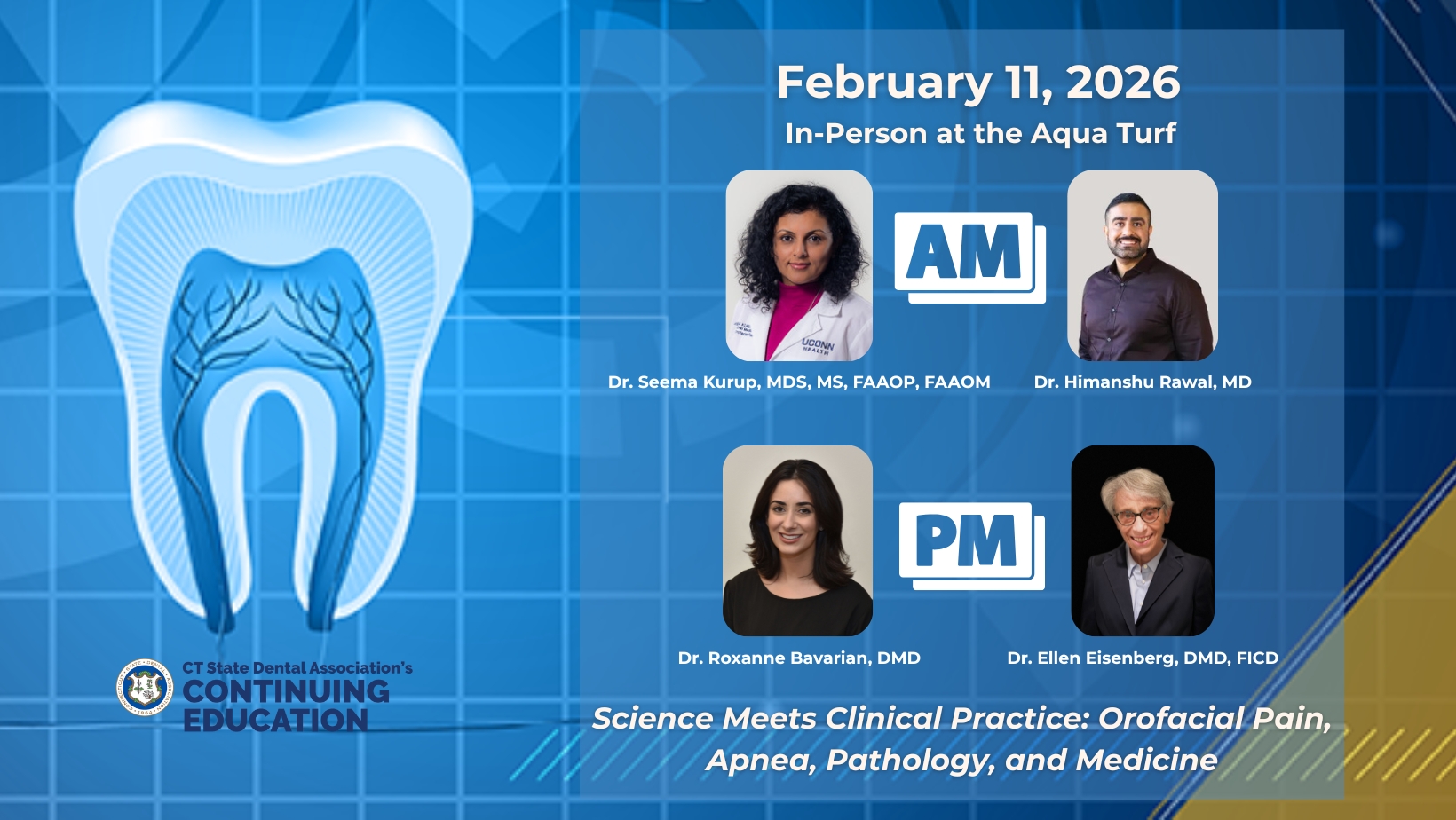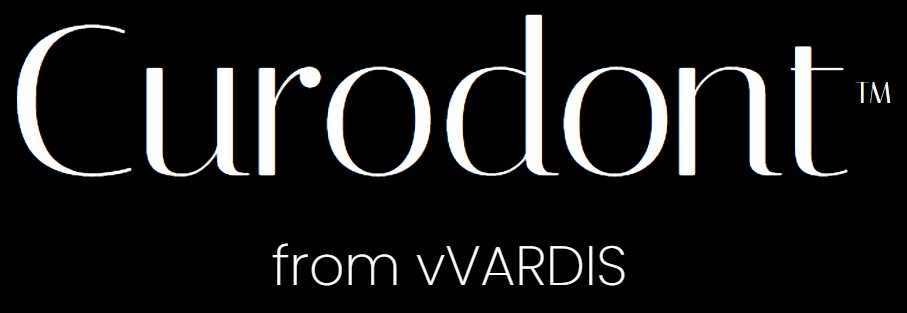February 11, 2026

Dr. Ellen Eisenberg is a Diplomate of the American Board of Oral & Maxillofacial Pathology, and a Fellow of the American Academy of Oral & Maxillofacial Pathology. She is Professor of Oral and Maxillofacial Pathology, UConn School of Dental Medicine and Associate Professor Emerita, Department of Pathology and Laboratory Medicine, School of Medicine. Active in the academic and clinical oral pathology teaching programs at UConn Health, she was past director of UConn’s Oral Pathology Biopsy Service. Now a part-time UConn faculty, she continues to see patients for clinical diagnostic consultations and management of conditions affecting the oral mucosa and jaws. Dr. Eisenberg has investigated, published and spoken on subjects ranging from diseases of bone, immune-mediated mucocutaneous diseases, and oral cancer and potentially malignant oral lesions.
Dr. Seema Kurup, MDS, MS, FAAOP, FAAOM is an Associate Professor and Division Chair, Oral Medicine and Orofacial Pain, Department of Oral & Maxillofacial Diagnostic Sciences, at the University of Connecticut School of Dental Medicine. As Course Director and one of three board certified Orofacial Pain specialists in Connecticut, she leads the academic curricula for Orofacial Pain & TMD at the school and the OFP clinical service for the school and the community. She is also the Course Director for Oral Medicine & Oral Pathology Course for Dental Hygienists at Connecticut State, Tunxis Community College, CT. Dr. Kurup holds dual Fellowships of the American Academy of Orofacial Pain (AAOP) and American Academy of Oral Medicine (AAOM) She is a Council Member of the AAOP and Chair of the Mentorship Committee of the AAOP. Dr. Kurup is an active member in 9 national/international dental and professional associations with several publications and is a peer reviewer for 10 scientific journals. Prior to coming to the US, she had an extensive career in academia and hospital settings in the specialty of Oral Medicine and General Dentistry in India, Middle East and the Far-East countries. Dr. Kurup’s research interests are in TMD, Orofacial Pain conditions and Oral Mucosal Conditions. She has served as Subject Matter Expert in the Department of Public Health funded initiative to educate dental providers in OFP management in Connecticut and is Clinical Review Team member of the Connecticut Comprehensive Pain Center.
Dr. Roxanne Bavarian, MD, DMD is a dentist specialized in both oral medicine and orofacial pain. She trained as a dentist at University of Illinois in Chicago College of Dentistry and then pursued an oral medicine and Doctor of Medical Sciences degree at Harvard School of Dental Medicine at Brigham and Women’s Hospital. She was then interested in learning more about orofacial pain and did a second residency in orofacial pain at Harvard School of Dental Medicine and Massachusetts General Hospital. She is board-certified in both oral medicine and orofacial pain, and serves as faculty at Harvard School of Dental Medicine, where she works teaching pre-doctoral dental students. She maintains a clinical practice at Mass Eye and Ear Hospital as well as private practice. Her field of interest includes psychological and social factors that impact chronic pain.
THANK YOU TO OUR SPONSOR!


